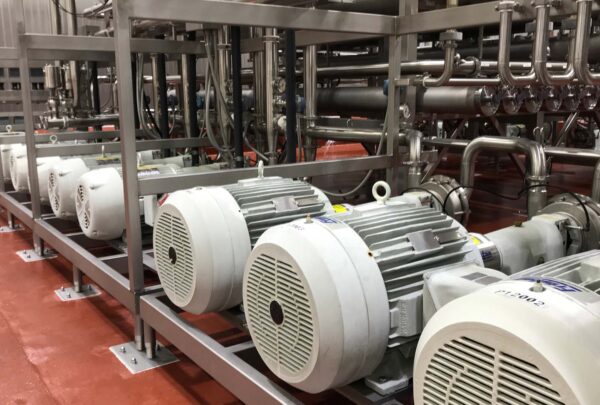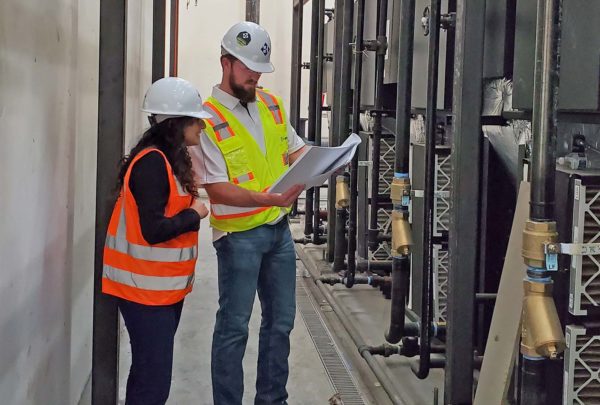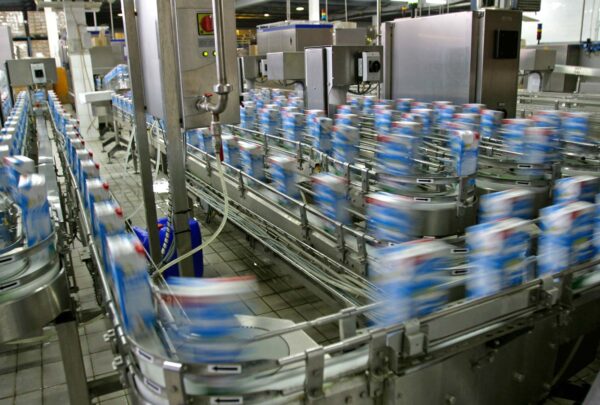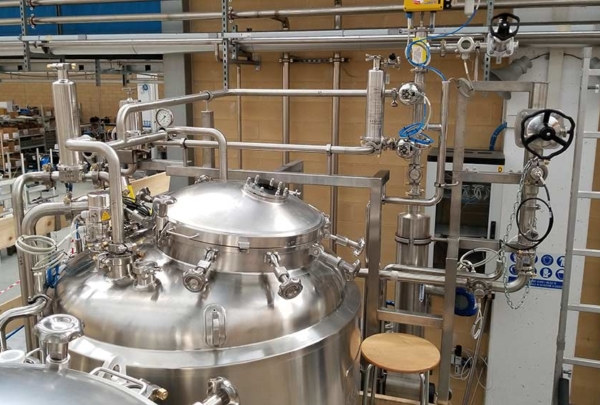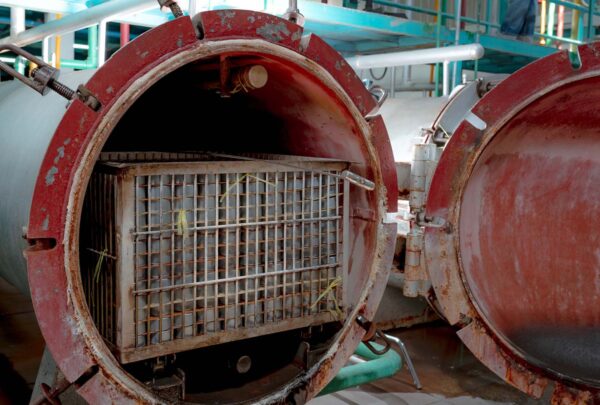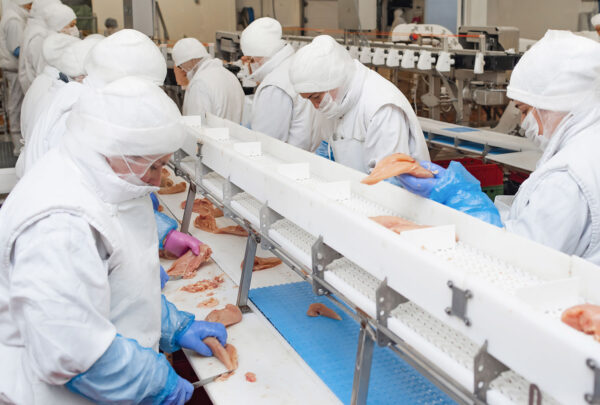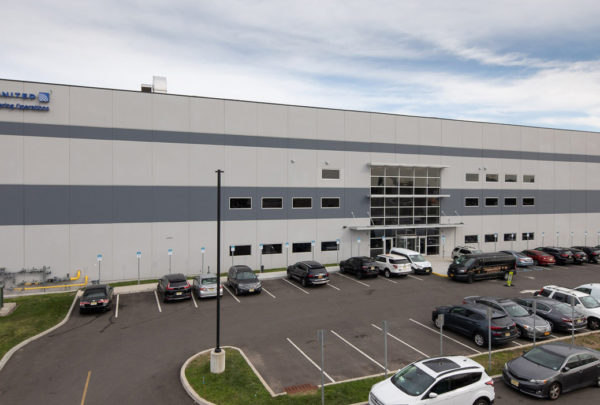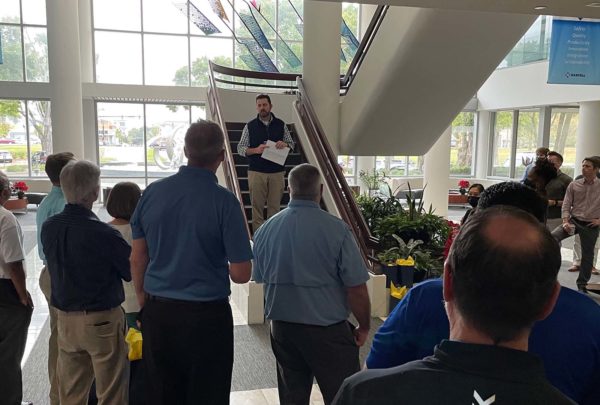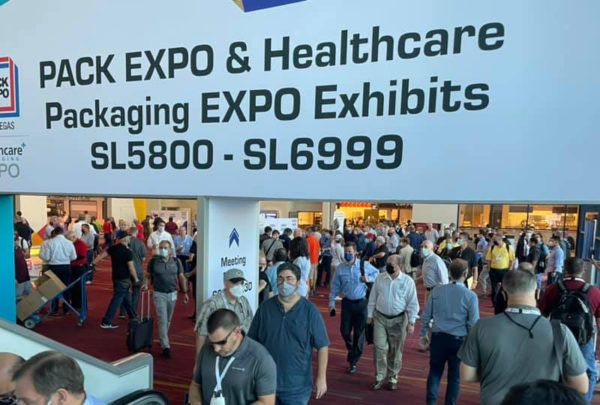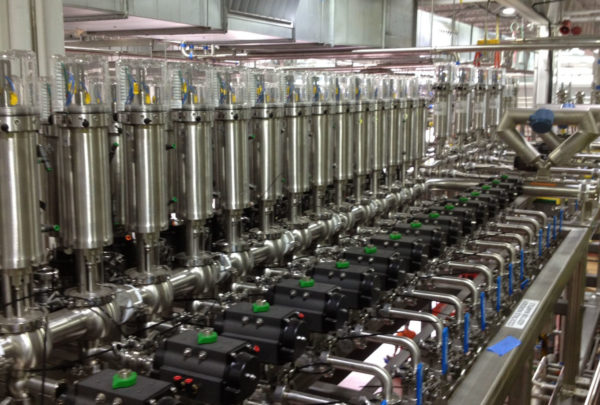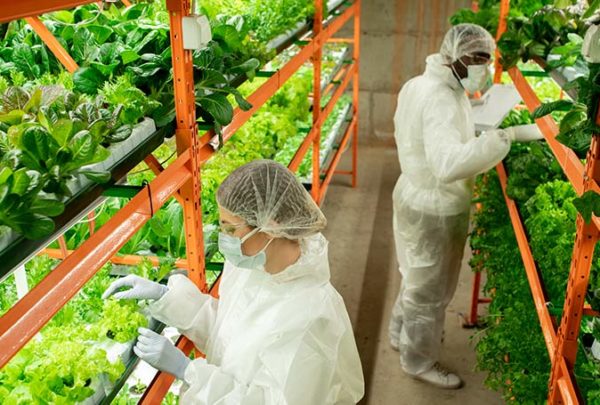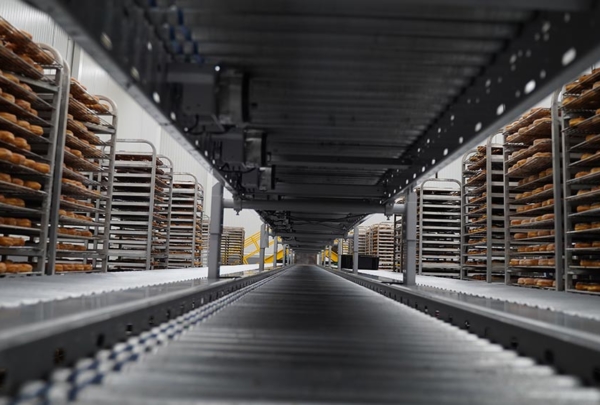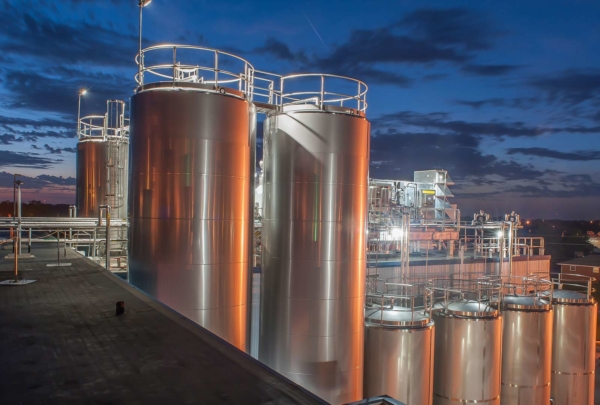Creating the processing, handling and packaging procedures that satisfy the rigorous standards associated with Halal and Kosher certification of foods is nothing less than “divine design.”
Halal and Kosher are religious ceremonial terms associated with Islamic and Judaic law, respectively, signifying that food is “ritually fit for use.” A food’s ingredients, as well as where and how it is prepared, handled and packaged, all are carefully examined to determine if it meets Halal or Kosher requirements.
With consumer awareness increasing, demand is growing for authentic Halal and Kosher foods. Meats and food ingredients such as oils, flavors, dairy enzymes, and various other derivatives used in food processing must be taken into consideration to ensure ethnicity. Alcohol and pork derivatives could be embedded in all kinds of products. These products need to be highlighted for awareness, since the inclusion as an ingredient may preclude some from consuming.
The religious organizations have advisers on Halal and Kosher standards who can help the food processing industry establish guidelines for slaughtering, quality control, product flow and segregation, sanitation, package labeling, transportation and storage.
The four largest Kosher certification agencies are headquartered in the United States, and their symbols – OU, Kof-K, OK and Star-K – are the most readily recognized around the globe. The Arabic Halal symbol on a label, like the Kosher symbol, is independent verification that a product conforms to religious standards of quality, integrity, and purity.
Several steps streamline the Kosher and Halal certification process:
Processing
Slaughtering must be done with a sharp, single-edge instrument that cuts by its edge rather than its weight, such as knives, swords, fixed blades, etc. The cut needs to be swift at a single point on the throat and blood must be completely drained prior to further handling and consumption.
Segregation between meat, dairy and neutral products must be maintained at all times. The neutral category includes all products not classified religiously as meat or dairy, such as plants, eggs, and honey. To assure the complete separation of milk and meat, all equipment, utensils, pipes, steam, and so on must be of the properly designated category.
Packaging and Labeling
Carcasses must be properly marked and traced throughout evisceration, processing and packaging to ensure that the Kosher- and Halal-slaughtered meat do not mix with non-Kosher or non-Halal product. All packages and containers must be labeled with the proper information and the proper Kosher/Halal label/logo placed under the supervision of the certifying organization.
Storage and Transportation
The storage cooler or freezer should be inspected by the religious advisor and approved for storage of Kosher or Halal meats and other food products. Kosher/Halal raw and exposed meat and any meat products must be stored separately in dedicated facilities. Containers, receptacles, racks and shelves used for meat and any meat products must always be free from any contamination with non-Kosher/non-Halal foods.
For a facility to be approved for Kosher and Halal certification, it must consistently produce the same group of approved products using the same ingredients, otherwise continuous supervision is necessary. Upon request for approval by the processing plant, the Kosher/Halal certifying organization will:
- Review the production layout, procedures, policies, and practices. This will involve direct inspection and discussion with the plant management and personnel.
- Review and approve all ingredients. Ingredients and their supplier procedures need to be established. All new suppliers or any change in the ingredients during the year’s certification period must be evaluated.
- Develop and approve a written procedure for “Halal-only” certified production, which could differ from Kosher production, i.e., develop a Halal Assurance System or a Halal Critical Control Point system.
- Authorize, in writing, how and when the producer can use the certifying organization’s name and Halal logo on products or in advertising, and confirm that it can be packaged accordingly.
- Review sanitation procedures, including the types of chemicals used, preparation of equipment, and evaluate the overall cleaning program for the facility.
- For simple or dedicated production lines, where the same processes are used daily, there is no need for supervision. Once production practices are documented and set up and the employees trained, the trained supervisor doesn’t need to be present for all aspects of production. In such situations, the plant and all production may be considered Halal/Kosher all the time, requiring only an annual review and a certification letter. When an annual certification letter is issued to the processor, a control listing of lot codes produced under Halal or Kosher supervision must be maintained by the certifying organization to attest to the Halal/Kosher status by lot or batch code.
- Make surprise visits-audits to check documentation, sanitation, ingredients, sign-in logs, packaging, labeling and storage procedures.
The professionals at Haskell can quickly provide you the answers needed to move forward with your project. In doing so, you can leverage our expertise and experience with equipment specification, vetting, integration, installation, and tried and true value-engineered solutions.
Shahnaz Savul, is a Chemical Engineer with 20+ years’ experience in food and beverage industry and has held senior leadership roles in Engineering, R&D and Procurement with Fortune 50 companies. As Haskell’s Engineering Manager, she is responsible for leading design efforts for EPC projects. She can be reached at Shahnaz.Savul@haskell.com.





